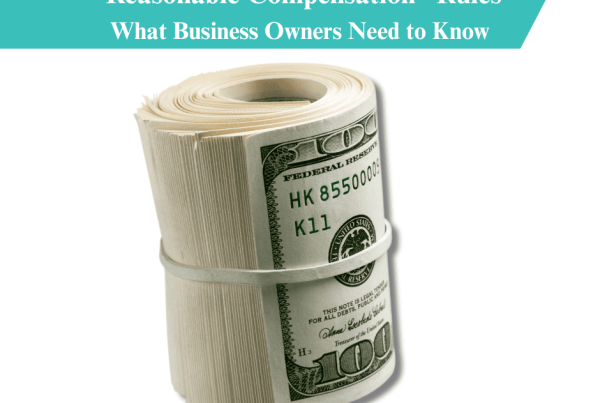
Nearly every establishment follows one of two business accounting methods. You can either use the cash method or the accrual method. The cash method involves accounting for an income expense the moment cash exchanges hand. For instance, say you serve a meal worth $100, and the customer pays you for that meal. It is considered income. If they don’t pay, income is not recorded.
On the other hand, the accrual method means your expenses and income are reported on your financial statement when it is incurred. Following the example above, immediately after serving that meal, you must record the expense regardless of whether the customer paid for it. If they don’t pay immediately, it should be recorded in accounts receivable as you wait to receive the due amount.
In the cash method, there are no accounts receivable and accounts payable. However, you will find these accounts in the accrual method. Following the example above for the accrual method, if they don’t pay you, but you already accounted for it in sales, it must stay in sales. However, if it seems like the customer won’t pay that amount, you can potentially write that off. Regardless of the accounting method you want to utilize, your accounts must include the cost of goods sold.
The cash method has more advantages than the accrual method. First, it’s the majority favorite as it doesn’t involve complex accounting or require daily inputs. The accrual method is the opposite. It is very complex and involves inputting day-to-day data entry. Another con to the accrual method is its expensive because of the time it takes. One common misconception is you cannot quickly change between these methods by selecting cash or accrual in QuickBooks.
The accrual method is not without its advantages too. It can come in handy, especially when you need it the most. For instance, if you are obligated to pay $10,000 in expenses at the end of the year but haven’t paid. In such cases, you take those expenses to the current year. Unfortunately, it doesn’t work this way with the cash method.
One factor to consider is inventory. As it is with many restaurants or product businesses, keeping track of inventory is essential. Though tracking inventory can be very daunting and stressful, it is highly beneficial. Inventory should be accounted for when the business purchases any item they intend to utilize and resell. However, if you meet the gross rescript test, you don’t need to account for inventory.
The gross receipt test is met if a business doesn’t exceed $26 million if you calculate the average gross receipts for the last three years of the business.
It is important to keep track of inventory to know how well your business is growing even when not required. It will also help you determine how often you should reorder and what nights are your busiest. The cons of tracking your inventory is that it is time-consuming given that you have to count daily, weekly or monthly.
There is another exception to keeping track of inventory. Qualified personal service corporations, partnerships without C-Corporations as partners, S-Corporations and other private entities can use the cash method without regarding it to the gross receipt test. However, if you don’t meet the gross receipt test and you are not listed above, you must utilize the accrual method.
Finally, restaurants that meet the gross receipt test don’t have to account for inventory and still utilize the cash method. This is a major benefit restaurant owners enjoy.




